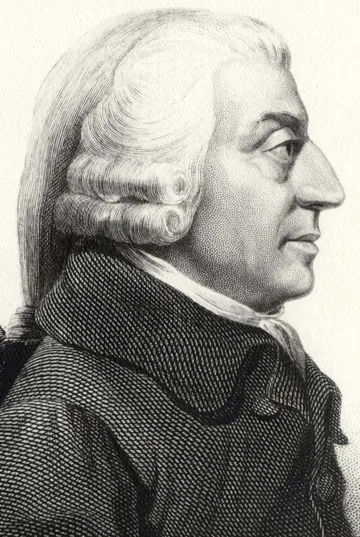Don't see an advisor you admire? Let's add him to the database! - Request
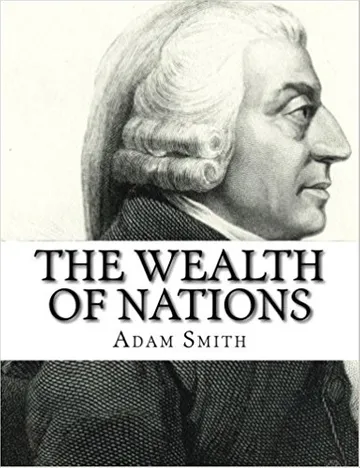
Rendors (6)
2
Nobel Laureate
2
TIME 100: Most Influential People
2
Tim Ferris Show Guest
1
Forbes World's Most Powerful People
1
Nobel Laureate in Economics
1
Nobel Laureate in Literature
1
Nobel Laureate in Peace
1
O'Reilly Open Source Award
1
Thinkers 50

Former USA President
Forbes World's Most Powerful People
Nobel Laureate in Peace
TIME 100: Most Influential People

Programmer and the creator of Ruby on Rails
O'Reilly Open Source Award
Tim Ferris Show Guest

Joseph Brodsky
November 1, 2013
Noble Laureate in Literature (1987)
Nobel Laureate
Nobel Laureate in Literature

Milton Friedman
January 1, 2002
Noble Laureate in Economics (1976)
Nobel Laureate
Nobel Laureate in Economics


Subscribe to Blog and Updates:
Popular advisors

Elon Musk
Rendors given:
28
.jpg.webp)
Daniel Pink
Rendors given:
133

Bill Gates
Rendors given:
187

Patrick Collison
Rendors given:
50
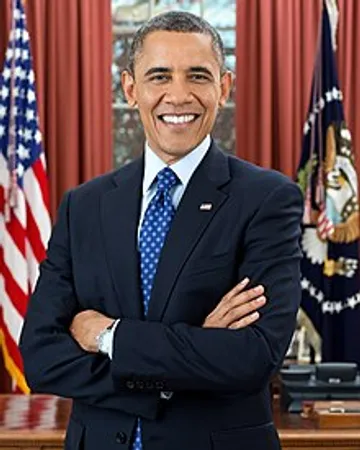
Barack Obama
Rendors given:
218
Popular books
..jpg.webp)
Atlas Shrugged
Rendors:
22
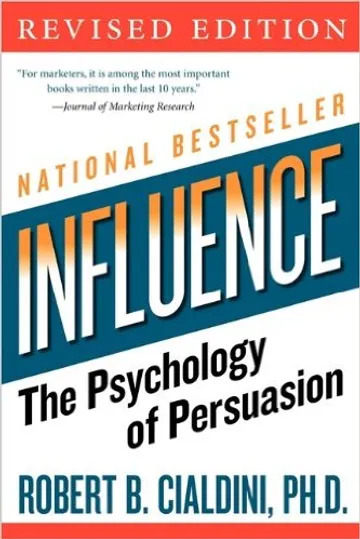
Influence: The Psychology of Persuasion
Rendors:
33
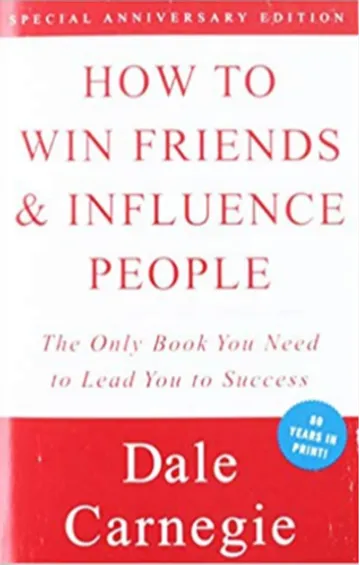
How to Win Friends and Influence People
Rendors:
44
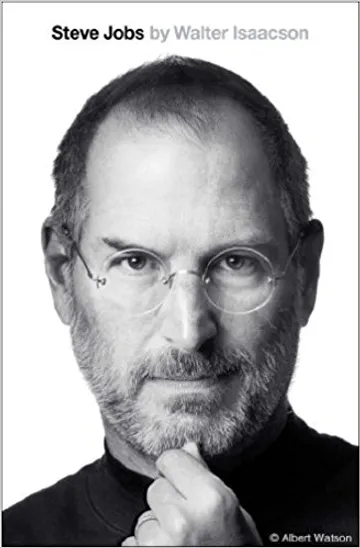
Steve Jobs
Rendors:
26

Moby Dick
Rendors:
27

